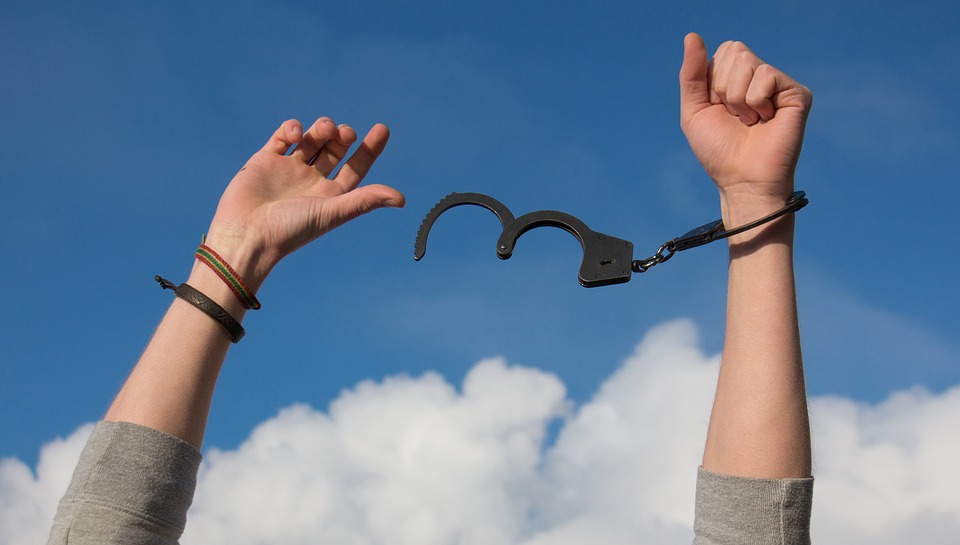If you are suffering from an addiction, there are many reasons why you could be struggling to handle it. The substances to which you are addicted might have changed your brain to the extent that your cravings seem overwhelming. You may also fear that your addiction reflects badly on your character.
However, addiction is neither a personality flaw nor an indicator of weakness, says Helpguide.org. Also, you are never entirely beyond recovery – especially if you heed these vital do’s and don’ts.

Do give yourself reasons to change
You might be in two minds about whether to give up your addiction. However, by listing the pros and cons of continuing or quitting, you could give yourself greater insight into the addiction’s role in your life – and better motivate yourself to change.
You could be particularly incentivised to change once you realise how much your addiction is adversely affecting your health, career and loved ones. In attempting to relinquish the addiction, you should then regularly remind yourself why you wish to change.
Do tell your doctor and partner
If you have so far concealed your addiction from your partner, now is the time to change tack – however hard you might find doing so. You can’t expect your significant other to help you overcome the addiction if they don’t even know that you have it, as explained on TODAY‘s website.
Your partner might respond by recommending that you see your doctor, who could help you decide which treatment or medication you should take for your problem.
Do consider various forms of treatment
There isn’t a “one-size-fits-all” approach to successfully treating addiction. For this reason, you should look for a treatment centre that can accommodate a wide range of needs.
One such facility is offered by ANA Treatment Centres – which, though based in Portsmouth, can deliver services in rehab for West Sussex addiction sufferers and people in many other South East England areas. Furthermore, various stages of the treatment can be suitably adjusted in length.
Don’t make yourself vulnerable to addiction triggers
You might run into various “triggers” – in other words, situations that tempt you to relapse. These could include hanging out with similarly addicted friends or spending time in bars and clubs.
Remember that, even if it is not alcohol fuelling your addiction, drinking it could impair your judgement while lowering your inhibitions. Hence, you could become more prone to a relapse – especially if drugs are readily available at bars and clubs that you frequent.
Don’t be disheartened if you relapse
Though keeping triggers at bay could certainly help prevent you from relapsing, don’t immediately fly into panic mode if you fall to temptation. If you react in the right way, it can be just a brief setback, not a devastating failure. You can learn from the mistake as you attempt to get back on course.
While relapses can have various causes, especially common ones include such adverse emotional states as anger or sadness and conflicts, like arguments with a partner.
Leave a Reply
You must be logged in to post a comment.